What To Do If You Think You Might Have Adult ADHD
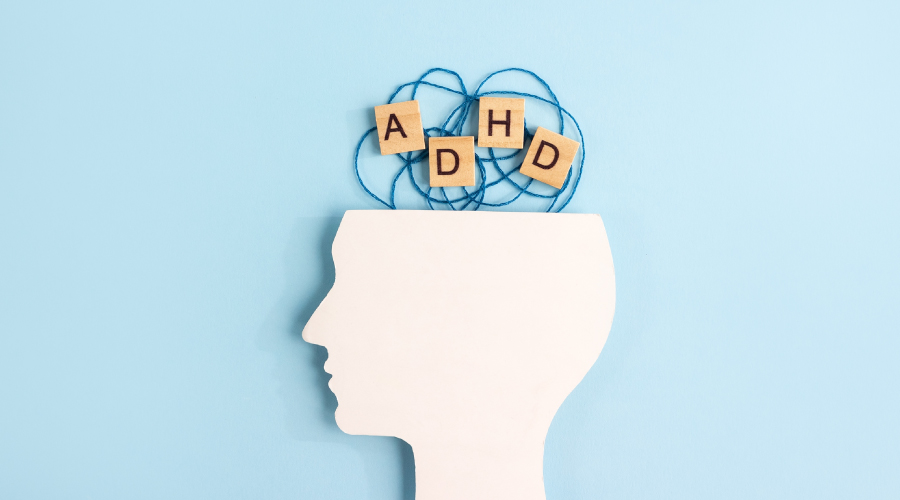
Table of Contents
Recognizing the Signs of Adult ADHD
Adult ADHD presents differently than in children. While hyperactivity might be less pronounced, the core symptoms of inattentiveness, hyperactivity, and impulsivity remain. Understanding these manifestations is crucial for recognizing potential adult ADD or ADHD.
Common Symptoms in Adults:
Adults with ADHD often experience challenges in several key areas:
- Inattentiveness: Difficulty focusing on tasks, easily distracted, trouble sustaining attention to detail, losing things frequently, forgetfulness, and difficulty organizing tasks or activities.
- Hyperactivity: Restlessness, fidgeting, an inability to sit still for extended periods, excessive talking, and feeling internally restless.
- Impulsivity: Interrupting conversations, making hasty decisions without considering consequences, difficulty waiting their turn, and impulsive spending or risky behaviors.
Specific examples of these symptoms might include:
- Difficulty completing tasks, even simple ones.
- Problems with organization, leading to a cluttered workspace or home.
- Restlessness and an inability to sit still during meetings or lectures.
- Impulsive spending or risky behavior, such as excessive gambling or substance abuse.
- Chronic lateness or missed appointments.
- Difficulty managing emotions, leading to frequent mood swings or irritability.
It's important to remember that not everyone experiences all these symptoms, and the severity and presentation of ADHD vary widely between individuals. Some adults primarily struggle with inattentiveness (inattentive ADHD), others with hyperactivity and impulsivity (hyperactive ADHD), and many experience a combination (combined-type ADHD).
Seeking a Professional Diagnosis
Suspecting you have adult ADHD is only the first step. A proper diagnosis from a qualified professional is crucial for accessing appropriate treatment and support.
Finding the Right Healthcare Professional:
Getting an accurate ADHD diagnosis requires a thorough evaluation by a healthcare professional specializing in ADHD. This could be a:
- Psychiatrist: A medical doctor specializing in mental health who can prescribe medication.
- Psychologist: A mental health professional who can provide therapy and conduct assessments.
- Neuropsychologist: A specialist who conducts comprehensive neuropsychological testing to assess cognitive functioning.
Finding the right specialist might involve:
- Asking your primary care physician for a referral.
- Searching online directories of mental health professionals.
- Checking with your insurance provider for in-network specialists.
The diagnosis process typically involves:
- A detailed interview to discuss your symptoms, history, and challenges.
- Completion of questionnaires, such as the Adult Self-Report Scale (ASRS-V1.1), a commonly used screening tool for ADHD.
- Potentially, neuropsychological testing to assess cognitive functions like attention, memory, and executive function.
Understanding ADHD Treatment Options
Once diagnosed, several treatment options can help manage adult ADHD symptoms. The most effective approach often involves a combination of strategies.
Medication Management:
Medication is a common treatment option for ADHD. Common types include:
- Stimulants: These medications increase dopamine and norepinephrine levels in the brain, improving focus and attention. Examples include methylphenidate (Ritalin, Concerta) and amphetamine (Adderall). Potential side effects can include decreased appetite, insomnia, and increased heart rate.
- Non-stimulants: These medications work differently than stimulants, affecting neurotransmitters in the brain. Atomoxetine (Strattera) is a common example. Side effects can vary.
It's crucial to discuss potential benefits and side effects with your prescribing doctor. Medication dosage and type must be tailored to individual needs.
Therapy and Lifestyle Changes:
Medication alone is often insufficient. Therapy and lifestyle changes play vital roles in managing ADHD.
- Cognitive Behavioral Therapy (CBT): CBT helps individuals identify and change negative thought patterns and behaviors that contribute to ADHD symptoms. It teaches coping mechanisms and strategies for managing challenges.
- Stress Management Techniques: Mindfulness, meditation, and relaxation exercises can significantly improve focus and reduce impulsivity.
- Lifestyle Adjustments: Improving diet, ensuring sufficient sleep, and incorporating regular exercise can have a positive impact on ADHD symptoms.
Coping Strategies and Support for Adult ADHD
Living with ADHD requires developing effective coping strategies and building a supportive network.
Daily Strategies for Managing ADHD:
- Organization: Use planners, calendars, and to-do lists to manage tasks and appointments.
- Time Management: Break down large tasks into smaller, manageable steps. Use timers to stay focused.
- Task Completion: Start with the most challenging tasks when energy levels are highest. Reward yourself for accomplishing goals.
Finding Support Groups and Communities:
Connecting with others who understand the challenges of adult ADHD can be incredibly beneficial.
- Online support groups and forums offer a sense of community and shared experiences.
- Local support groups can provide in-person connections and opportunities for peer support.
Remember, self-compassion is vital. Finding what works best for you may take time and experimentation.
Conclusion
Recognizing potential adult ADHD symptoms, seeking professional diagnosis, exploring treatment options (including medication and therapy), and implementing effective coping strategies are all crucial steps. Building a support network is also essential for successful management.
If you suspect you might have adult ADHD, don't hesitate to take action. Schedule an appointment with a healthcare professional today to begin your journey toward diagnosis and effective management of your symptoms. Learning more about adult ADHD is the first step to a better life.

Featured Posts
-
 Missing Person British Paralympian Sam Ruddock Vanishes In Las Vegas
Apr 29, 2025
Missing Person British Paralympian Sam Ruddock Vanishes In Las Vegas
Apr 29, 2025 -
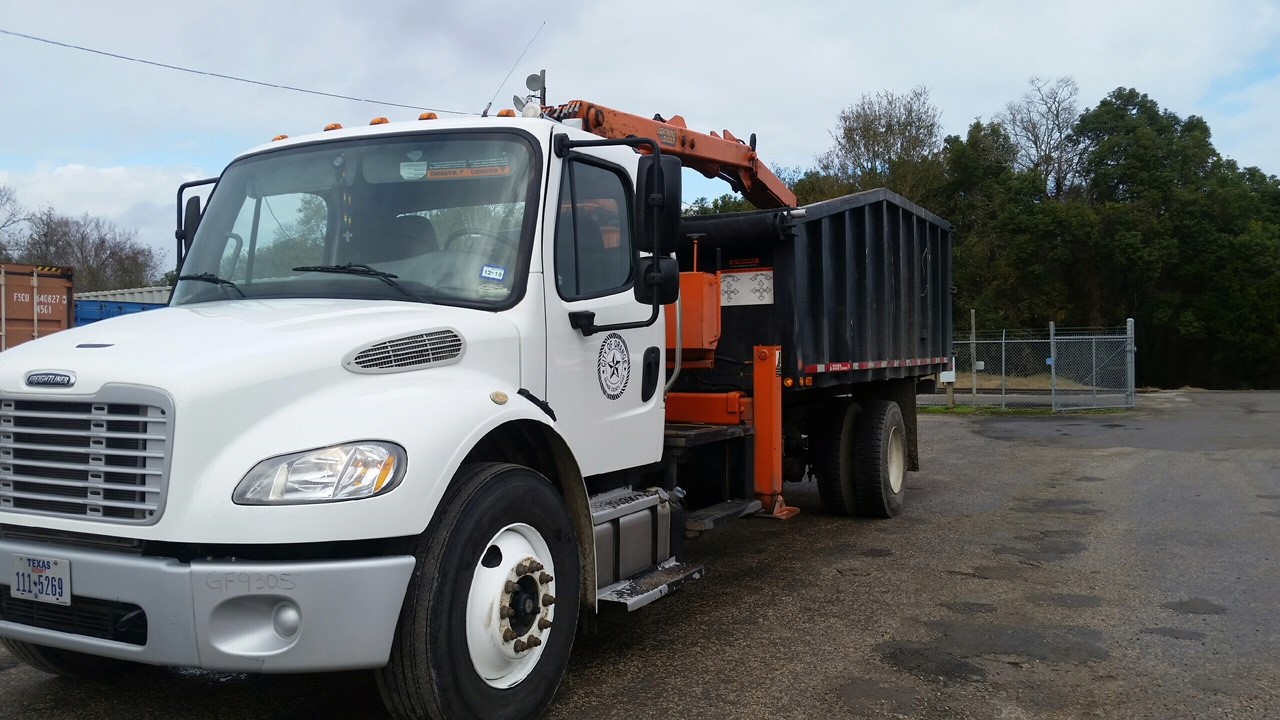 Louisville Storm Debris Removal How To Submit Your Request
Apr 29, 2025
Louisville Storm Debris Removal How To Submit Your Request
Apr 29, 2025 -
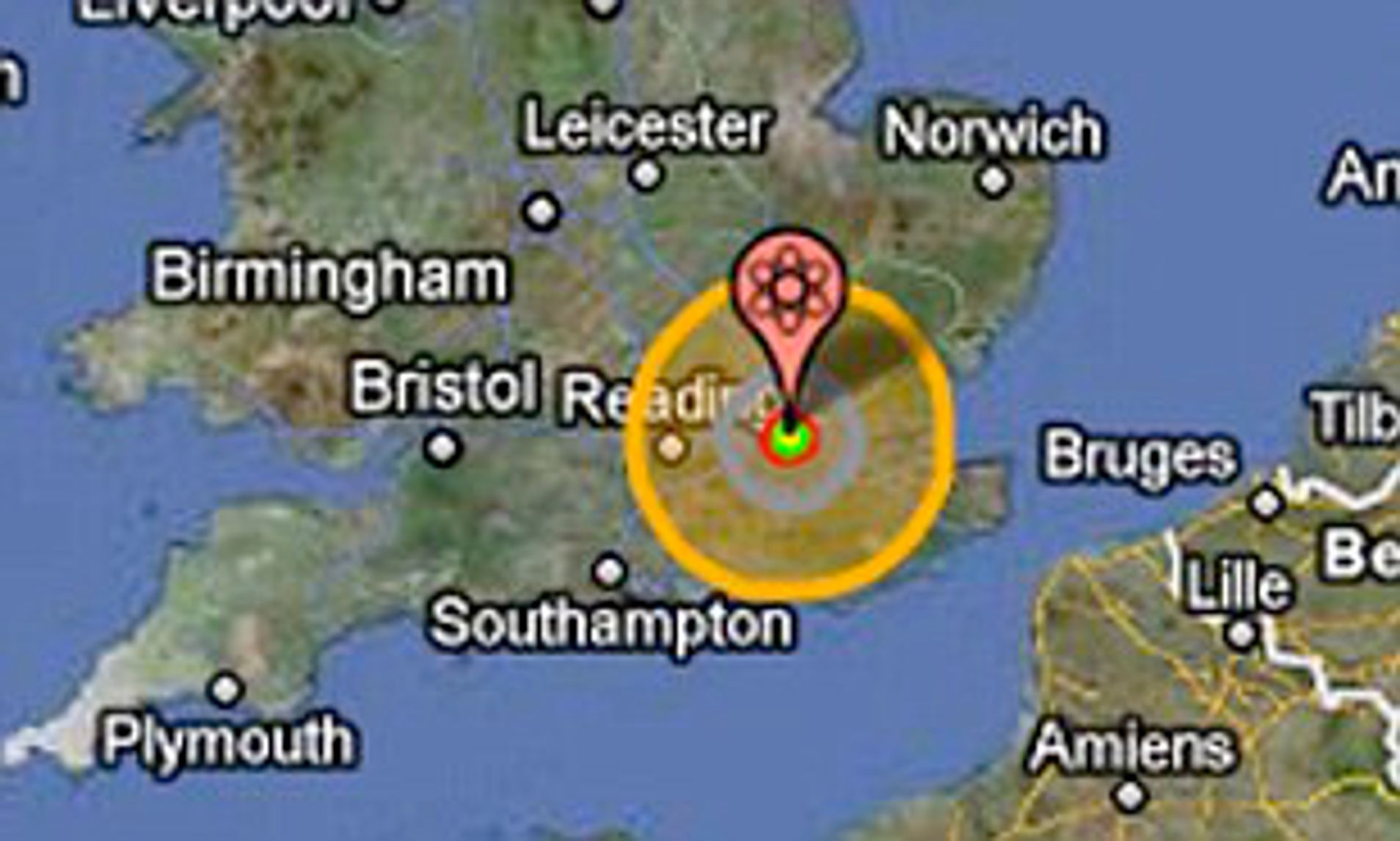 Tariffs Blast Radius Alberta Feels The Impact Dow Project Delayed
Apr 29, 2025
Tariffs Blast Radius Alberta Feels The Impact Dow Project Delayed
Apr 29, 2025 -
 Atlanta Falcons Dcs Sons Prank Call To Shedeur Sanders An Apology
Apr 29, 2025
Atlanta Falcons Dcs Sons Prank Call To Shedeur Sanders An Apology
Apr 29, 2025 -
 Las Vegas Police Search For Missing British Paralympian
Apr 29, 2025
Las Vegas Police Search For Missing British Paralympian
Apr 29, 2025
Latest Posts
-
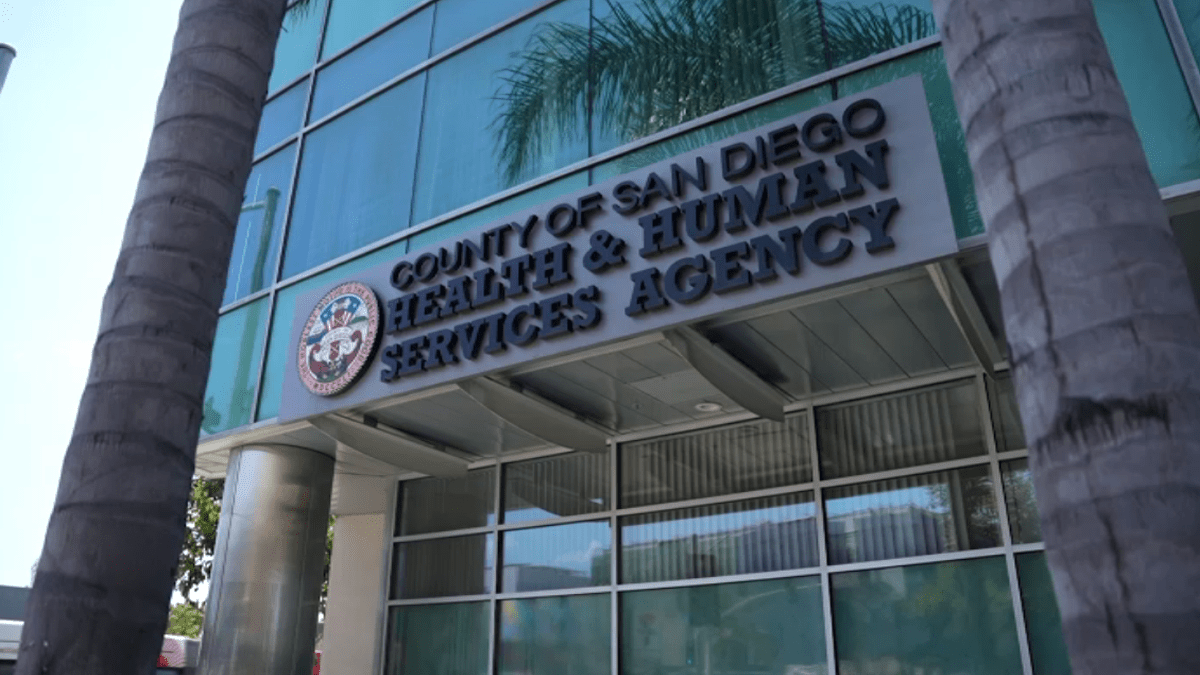 Family Sues San Diego County Over Inmates Death In Custody
Apr 30, 2025
Family Sues San Diego County Over Inmates Death In Custody
Apr 30, 2025 -
 Inmates Death At San Diego County Jail Prompts Family Lawsuit Alleging Torture And Murder
Apr 30, 2025
Inmates Death At San Diego County Jail Prompts Family Lawsuit Alleging Torture And Murder
Apr 30, 2025 -
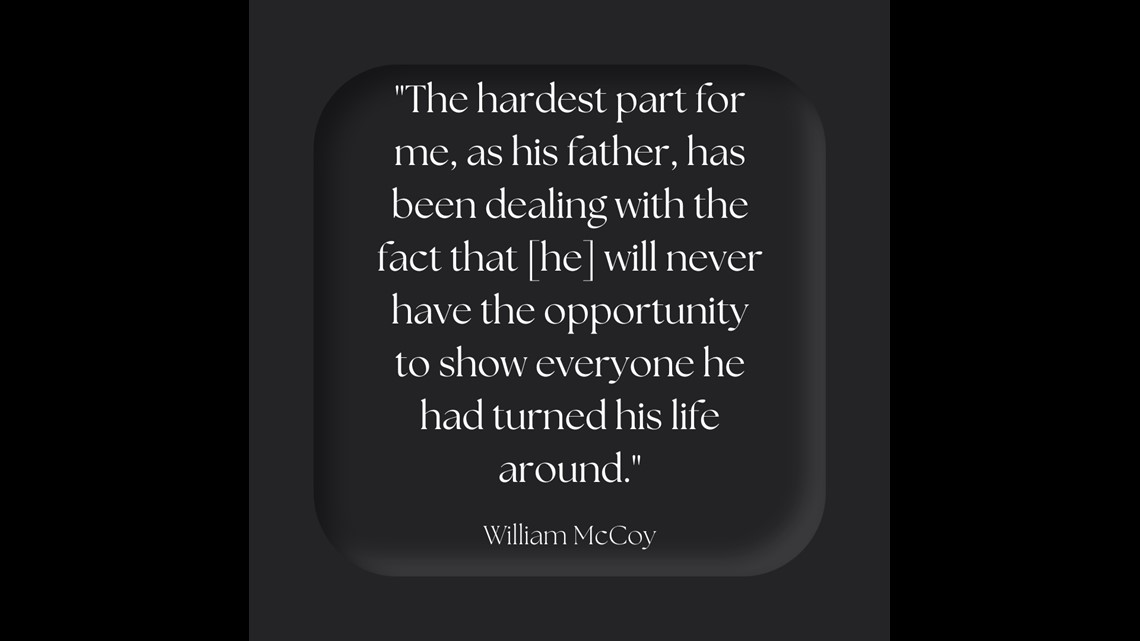 San Diego Sheriffs Office Faces Lawsuit Following Inmate Death
Apr 30, 2025
San Diego Sheriffs Office Faces Lawsuit Following Inmate Death
Apr 30, 2025 -
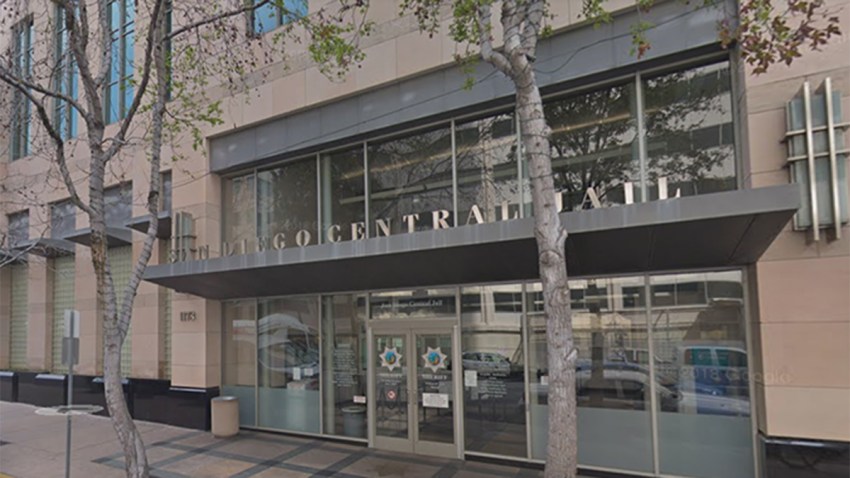 San Diego County Jail Lawsuit Family Alleges Cellmate Murdered Loved One After Torture
Apr 30, 2025
San Diego County Jail Lawsuit Family Alleges Cellmate Murdered Loved One After Torture
Apr 30, 2025 -
 Family Files Wrongful Death Suit Against San Diego County Sheriffs Office
Apr 30, 2025
Family Files Wrongful Death Suit Against San Diego County Sheriffs Office
Apr 30, 2025
